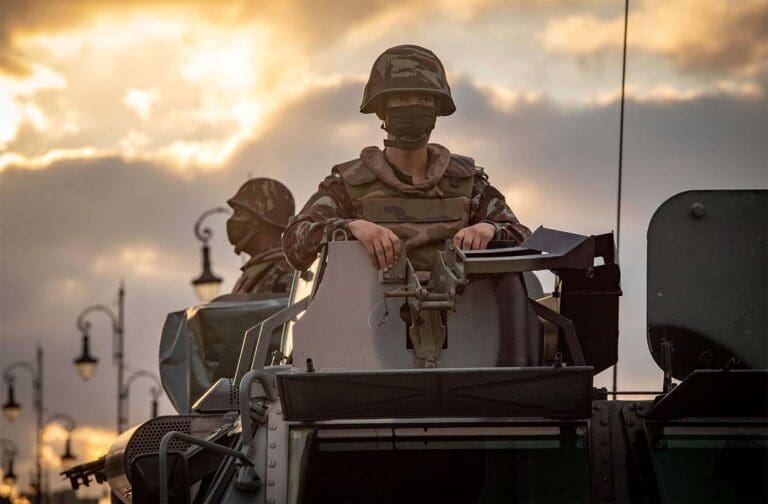The US State Department has welcomed Morocco’s integrated strategy to combat terrorism and violent extremism.
Washington also highlighted the kingdom’s close cooperation with its regional and international partners.
The United States and Morocco have long enjoyed a solid relationship of cooperation in the fight against terrorism. The 2023 Annual Report on Global Terrorism highlights that Morocco has developed a holistic approach that combines security vigilance, international cooperation, and counter-radicalisation policies. This strategy attaches paramount importance to economic and human development, which has led to a significant reduction in terrorist risks in 2023.
The document points out that during the year, Moroccan law enforcement agencies, coordinated by the Ministry of the Interior, arrested 56 people linked to terrorist activities, ranging from individuals to members of various cells. These operations benefited from the remarkable work of the Central Bureau of Judicial Investigation (BCIJ), which operates under the General Directorate of Territorial Surveillance (DGST), using intelligence and international cooperation.
Bilateral cooperation between Rabat and Washington is also evident in Morocco’s participation in various programmes funded by the United States. These initiatives aim to strengthen technical and investigative capabilities, particularly in the areas of finance, intelligence analysis, cybersecurity and aviation security.
With regard to border security, the report highlights the advanced capabilities of the Moroccan authorities in detecting fraudulent documents. As regards the fight against the financing of terrorism, Morocco was praised for its significant reforms as a member of the Financial Action Task Force on the Middle East and North Africa (FATF MENA), which led to its removal from the FATF’s grey list.
Morocco also plays an active role on the international stage.
It is a member of the Global Coalition Against Daesh, co-chairs the Africa Focus Group and participates in the Global Counter-Terrorism Forum (GCTF). In this framework, a joint initiative with the European Union was launched in 2023, focusing on education to prevent extremism.
As part of its strategy to combat extremism, the Ministry of Habous and Islamic Affairs has launched a training programme to train nearly 50,000 imams and mourchidates, and the Mohammed VI Institute continues to train imams, particularly from West Africa.
In addition, the Rabita Mohammadia des oulémas contributes to the prevention of radicalisation through academic research, awareness-raising campaigns and the revision of educational programmes. Since 2017, around 300 detainees have completed the “Moussalaha” deradicalisation programme, demonstrating Morocco’s commitment to a humane and educational approach to social reintegration, supported by the General Delegation for Prison Administration and Reintegration.
MK/sf/te/lb/as/APA


